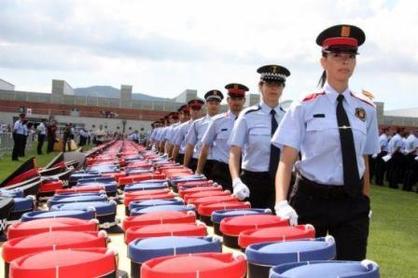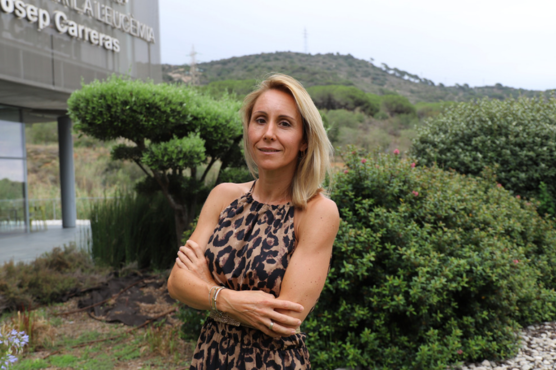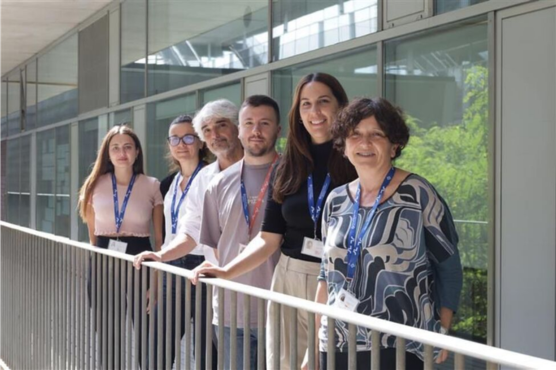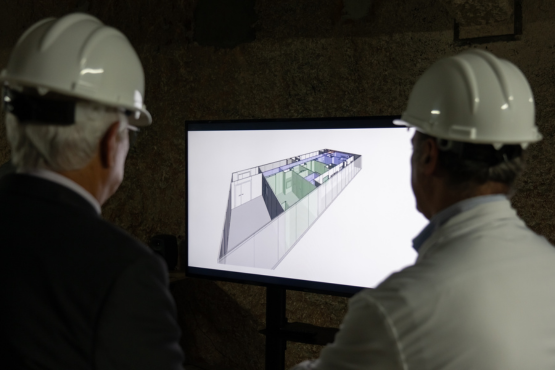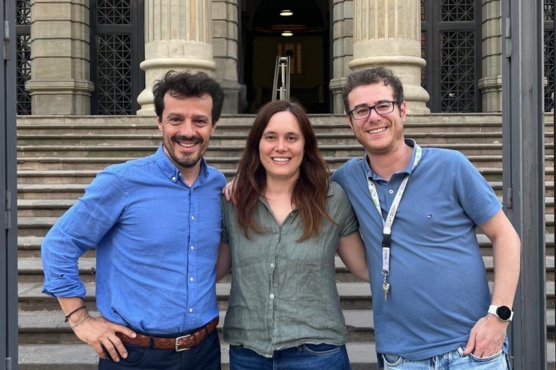The José Carreras Foundation and the Catalan Public Security Institute collaborate in order to promote bone marrow donation.
The José Carreras Foundation against Leukaemia and the Catalan Public Security Institute (ISPC), in collaboration with the Regió Policial Metropolitana de Barcelona del Cos de Mossos d’Esquadra, start a collaboration program in order to encourage bone marrow donation within the alumni of the main formative course of the Catalan Security Forces.
Next 26th of April and 2nd and 7th of May (at 4.15pm), information conferences will take place at the ISPC (Ctra. C-17 Barcelona – Ripoll, km 13,5, Mollet del Vallès), enshrined in the complementary activities of the formative police course, with the objective of letting them know the importance of promoting bone marrow donation. This activity will be led by Dr. Enric Carreras, director of the Spanish Bone Marrow Donors Registry (REDMO).
The Institute supports and encourages charity activities organized by the school or the alumni, for they promote their aim to serve and their acknowledgement of the necessities and problems in society which they will attend once they graduate.
The conferences at ISPC are the starting point of all of the talks that will take place in other places, including the Catalan Police Force, co-organizers of the activity, reaching in total more than 18,000 people, both police alumni and police forces.
Leukaemia and Bone Marrow Donation
Every day, 13 people in Spain receive a cruel diagnosis: leukaemia. For many of these patients, the only thing that can cure them is a bone marrow or umbilical cord blood transplant. Only 25% of the patients who need a transplant of this kind have a compatible sibling. The rest have to turn to the Spanish Bone Marrow Donors Registry, directed by the José Carreras Foundation, the only authorized organism in Spain in charge of searching for voluntary bone marrow donors across the world.
To this day, REDMO has found a compatible donor for more than 5,000 Spanish patients. This has made possible more than 3,000 bone marrow transplants from non-family donors in Spain. This success has been possible thanks to the solidarity of more than 19 million donors across the world, 100,000 of which are Spanish. Nonetheless, we still have to keep fighting so that every patient who needs a transplant can receive one, for there are a lot who never find a compatible donor or who don’t find it in time.
For this reason, these types of collaborations that take place along with the Catalan Public Security Institute are essential in order to increase the number of bone marrow donors and to succeed in achieving that, one day, no patient is left without an opportunity of recovery.
Every person in good health, between 18 and 55 years old, can be a bone marrow donor. For this reason, the members of the security forces in Catalonia are good candidates for these types of donations. Registering as a bone marrow donor is an important compromise that the person makes with themselves and with future possible candidates all over the world who could one day receive a transplant from the cells of that donor.
Catalan Public Security Institute
The Catalan Public Security Institute (ISPC) is the centre in charge of creating and transferring knowledge to the Catalan public security system and an essential piece in the construction of a model characterized by their transversal politics and based in the coordination and co-responsibility of their operators.
Created in 2007, its foundation is the union of the Catalonia Police School and the Catalonia Fire Department and Civil Security School, with the goal of integrating in a single centre the education, the selection support and the development of professionals from the different collectives inside de security system, always in collaboration with the organizations of which they depend on.
For more information, you can watch the video “Guía del Donante de Médula Ósea”



